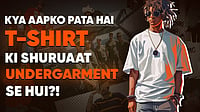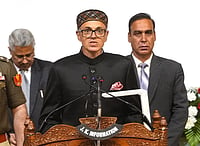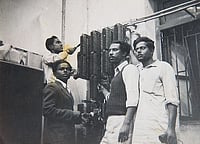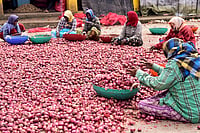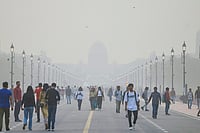I’m a graphic designer and visual artist living in Adelaide with my wife and daughter. I moved to Australia over 16 years ago. I’ve lived in different countries —as a Palestinian— but I never lived in Palestine.
Palestinian Artist Ahmed ElKhalidi Writes How Nakba Never Ended And On Importance Of Spreading Awareness
Palestinian artist Ahmed ElKhalidi, who lives in Adelaide, uses his art to make people around him become more aware of the Palestinian issue.
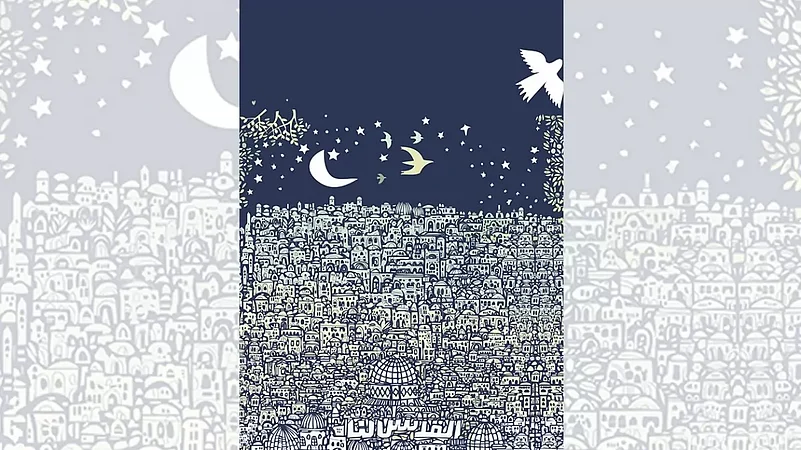
So, as a graphic designer and a visual artist, I was always inspired by the stories from my parents. Both my parents were born in Palestine and during the Nakba, our catastrophe, they were displaced to Jordan and Egypt. Then again to Jordan. I was born in Kuwait and moved back to Jordan and I lived in different countries but there are so many stories to tell as a Palestinian. There are an endless number of stories…Not only my parents’, but looking around, each one has a story. There are a lot of people who still have the keys to their houses with them. Their stories work as inspiration for me. Also, social justice is something I am passionate about. It is a source of inspiration to me.
I had my last exhibition in Jordan and it was about personal letters between my family members before the Nakba. They were having normal conversations like about what was happening in the kitchen or someone buying a car or a dog. It seemed like life was beautiful, and?one day, everything changed and they became refugees in other countries. That was my last exhibition in Jordan but I still feel it is a moral duty to speak through my art and I think there’s so much I can say.
Someone coming from our part of the world has so much to tell, either by drawing or writing a book or through literature. And the Nakba and the crisis haven’t ended yet. So it’s our duty, the duty of any Palestinian, to keep resisting in their own way whether they’re artists or writers.
But also thinking about how much we are censored as Palestinians, threatened sometimes, if we speak out —whether we’re in a Western country or even in some Arab countries— I would like to talk about it through my art.
On social media, you could see the double standards when the Ukraine crisis happened and now with Palestine. As I said, it’s a continuing Nakba, as if it hasn’t stopped yet. So, I think it’s our moral duty to keep talking about Palestine. As someone who works in digital marketing and visual arts, I’m aware of what I can do, the red lines are clear. I can keep talking about Palestine, but I’m aware that I’m not inciting any violence.?I have the right, even in a Western country, to say what I want to as long I’m aware of what I’m doing.
As I said, inspiration comes from the stories of my family and what they’ve been through. Also, as a migrant or a person who came to Australia, the question of identity has been a focal point of my work. I’m talking about where is home and if Syria could also be another home for me. Recently, I think Palestine has taken up most of my energy, work and art. I think we need more voices to speak up, especially to reach out to those who are not aware about the Palestinian issue here. So I try to.
I’m not saying I’m trying to educate, but there are many people who don’t know anything about Palestine, and art could be a way to reach out to them. As is music and literature. Unfortunately in the media, especially in the Western media, we are not painted as equals, and we are portrayed as aggressors as well. I don’t feel it’s fair. This is another reason that drives me to paint and draw about Palestine.
I also consider myself a privileged Palestinian. In a way, I can talk, I’ve got more of an audience maybe if I stay here. So in return, I have a moral duty to keep talking about Palestine.
(As told to Vikram Sharma)















